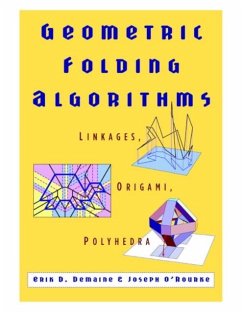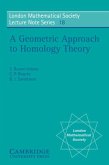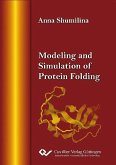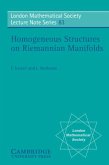Did you know that any straight-line drawing on paper can be folded so that the complete drawing can be cut out with one straight scissors cut? That there is a planar linkage that can trace out any algebraic curve, or even 'sign your name'? Or that a 'Latin cross' unfolding of a cube can be refolded to 23 different convex polyhedra? Over the past decade, there has been a surge of interest in such problems, with applications ranging from robotics to protein folding. With an emphasis on algorithmic or computational aspects, this treatment gives hundreds of results and over 60 unsolved 'open problems' to inspire further research. The authors cover one-dimensional (1D) objects (linkages), 2D objects (paper), and 3D objects (polyhedra). Aimed at advanced undergraduate and graduate students in mathematics or computer science, this lavishly illustrated book will fascinate a broad audience, from school students to researchers.
Dieser Download kann aus rechtlichen Gründen nur mit Rechnungsadresse in A, B, BG, CY, CZ, D, DK, EW, E, FIN, F, GR, HR, H, IRL, I, LT, L, LR, M, NL, PL, P, R, S, SLO, SK ausgeliefert werden.









